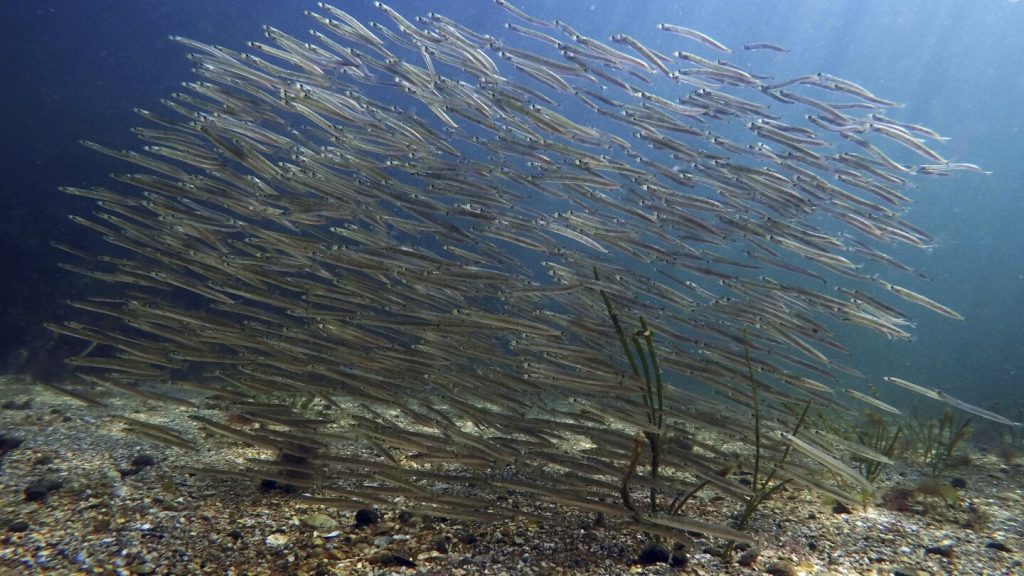The sea off New England experienced one of its hottest years on record in 2023, with the Gulf of Maine recording a sea surface temperature nearly 2 degrees Fahrenheit above normal. This warming trend has been consistent over the past decade and is primarily driven by climate change, according to scientists at the Gulf of Maine Research Institute. The early part of the year was particularly warm, with temperatures three times the global average. While 2023 was not the hottest year on record for the Gulf of Maine, it was still notably hot, with the first four months ranking among the warmest overall.
February, March, and April of 2023 set new records for the highest monthly sea surface temperature in the Gulf of Maine, and there were also numerous new daily records for temperature, especially in February and March. This increase in temperature is leading to changes in marine ecosystems, with different species of fish being caught in fishing nets and an increased threat of sea level rise for coastal communities. The Gulf of Maine is experiencing profound changes as a result of these warming temperatures, with the region facing significant impacts on its environment and economy.
Global heat records are falling more frequently, with February of this year being the hottest February ever recorded. The warming of the Gulf of Maine is just one example of the broader trend of rising temperatures and climate change affecting regions around the world. The data collected by the Gulf of Maine Research Institute highlight the urgent need for action to mitigate the impacts of climate change and protect vulnerable ecosystems and communities.
The Gulf of Maine is a critical body of water for commercial fishing and maritime industries, making the warming trend particularly concerning for the region’s economy and livelihoods. As the sea surface temperature continues to rise, fishers are encountering new species of fish and facing challenges in adapting to changing conditions. Coastal communities are also at risk from sea level rise, threatening homes, infrastructure, and local economies that rely on the sea for tourism and recreation.
Scientists at the Gulf of Maine Research Institute stress the importance of addressing climate change to mitigate the impacts on the Gulf of Maine and other marine ecosystems. The warming trend in the Gulf of Maine is a clear indication of the broader challenges facing the world’s oceans, and urgent action is needed to reduce greenhouse gas emissions and limit the impacts of climate change. The data collected by the institute serve as a warning sign for the future of marine environments and the need for global cooperation to address the threat of climate change.


